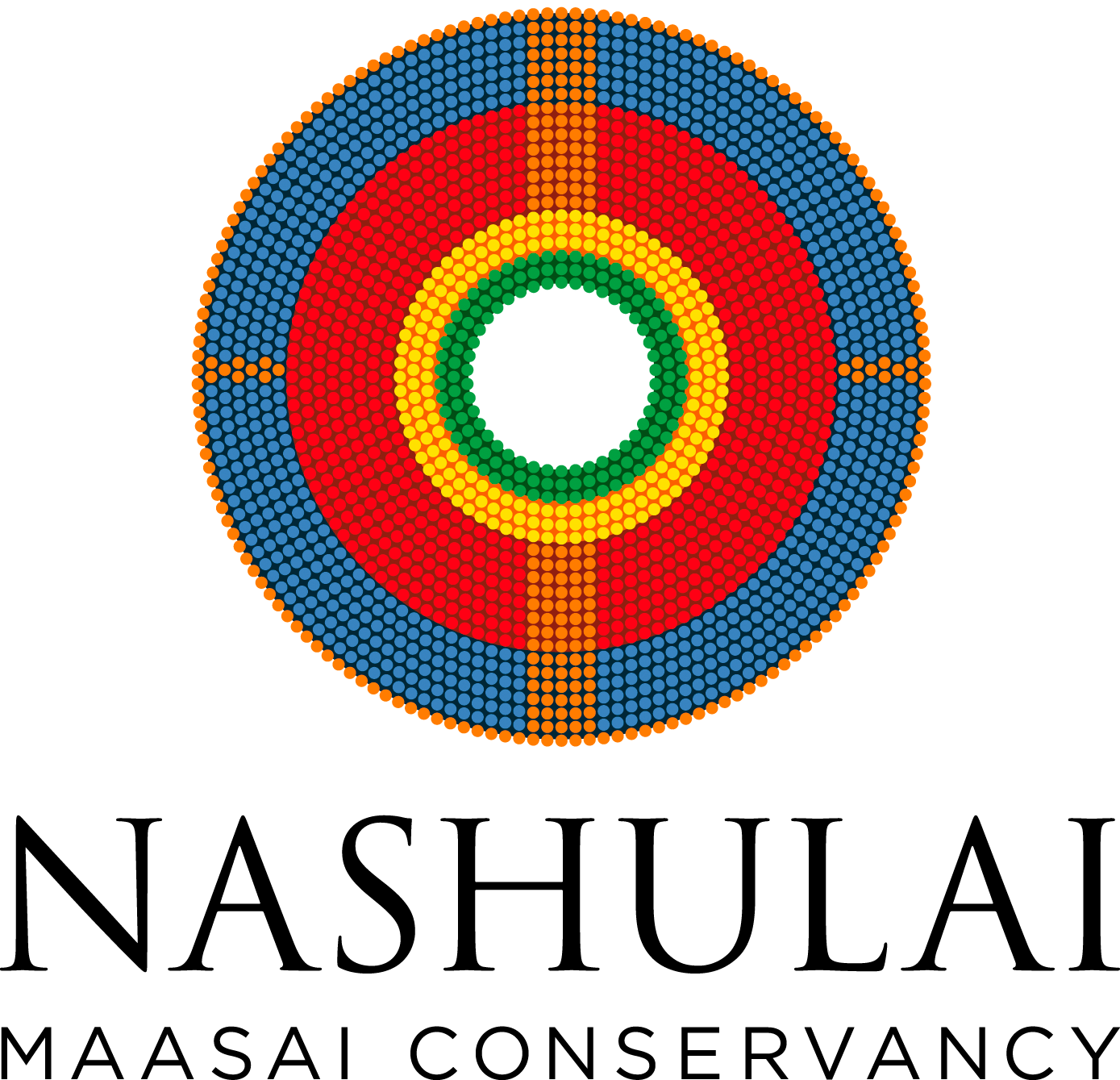April 28, 2020
Nashulai Warriors for Wildlife Protection Young Maasai Warriors Start Wildlife Protection Patrols to Stop Pandemic Poachers
Maasai Mara, Kenya—It’s a breathtaking ancestral tradition, adapted for the COVID-19 crisis: dozens of young Maasai warriors come together in the bush, moving rhythmically, chanting, and speaking with elders. They are preparing themselves physically and spiritually for what’s to come, but it’s not battle—it’s wildlife protection. More than two dozen young men have volunteered to act as a first line of defence against poaching in the region. Each is a Maasai warrior from Nashulai Conservancy, the first Maasai-owned conservancy in East Africa. They will support the essential community and wildlife protection work of the trained Nashulai Scouts.
The risk of poaching has significantly increased in the Maasai Mara, and in other parts of Africa, since the pandemic began. Border closures, national lockdowns and other emergency measures have all but decimated Africa’s $39 billion tourism industry. The economic consequences for tourism-reliant parts of Africa—including the Maasai Mara—are devastating. For endangered wildlife, the results are twofold. Tourism significantly funds wildlife conservation; a lack of tourism dollars means lack of employment for rangers and scouts. And, with many areas of Africa all but deserted, poachers have more opportunity than ever before.
Nashulai Maasai Conservancy recently detected a return of poaching of small plains wildlife such as warthogs, targeted for meat during a time of food instability. The community is now concerned that poachers may target larger animals, as has been the case elsewhere in Africa. The New York Times reported of at least nine rhinos that had been poached in South Africa since the lockdown began.
The young warriors, led by Nelson Ole Reiyia, Director and Co-Founder of Nashulai Conservancy, lead nightly patrols along the Sekenani River that runs through the conservancy. They also set up camp strategically in highly-populated areas for wildlife to further deter illegal activities.
“Our warriors are armed only with spears, bows, clubs and rungus (a traditional type of club) as a deterrent, but most importantly they have courage and determination—for which they are famed— to protect our lands,” explained Reiyia.
The Nashulai Warriors for Wildlife Protection group is one of the many remarkable ways that the community has used deep connection to build resilience during the pandemic.
Three weeks ago, Nashulai Conservancy sent an urgent, international plea for donations to prevent thousands of Maasai from facing starvation. In an unprecedented tale of community coming together peacefully and supportively during the pandemic, the Maasai of Nashulai, since launching their appeal, have distributed basic necessary provisions to their 3,000 community members. Last week they widened this outreach, giving to a further 4,000+ neighbours in outlying villages also facing food deprivation. Nashulai Maasai families each divided their own rations to give some to their neighbours because, as a proverb explains, “Maasai do not eat alone.”
About Nashulai Maasai Conservancy
Nashulai is located in the Maasai Mara, Kenya, and the first conservancy to be created, governed and managed by the people who have inhabited the land for centuries, understand it intimately, and have sustained themselves and their herds in harmony with the natural life of this globally important ecosystem. The private, community-owned and run, non-profit conservancy is a 5,000 acre triangle of land and a keystone area in the Maasai Mara ecosystem as a critical migratory corridor and ancient elephant nursery. Since its creation in 2016, award-winning Nashulai has eliminated fencing, poaching, strengthened employment and the spirit and pride of the community.
-30-
Live video and phone interviews are possible with Nashulai representatives. For further information, or to arrange an interview, contact:
Zoe Grams, The Social Projects Studio zoe@socialprojects.studio
+1 604 500 3822
